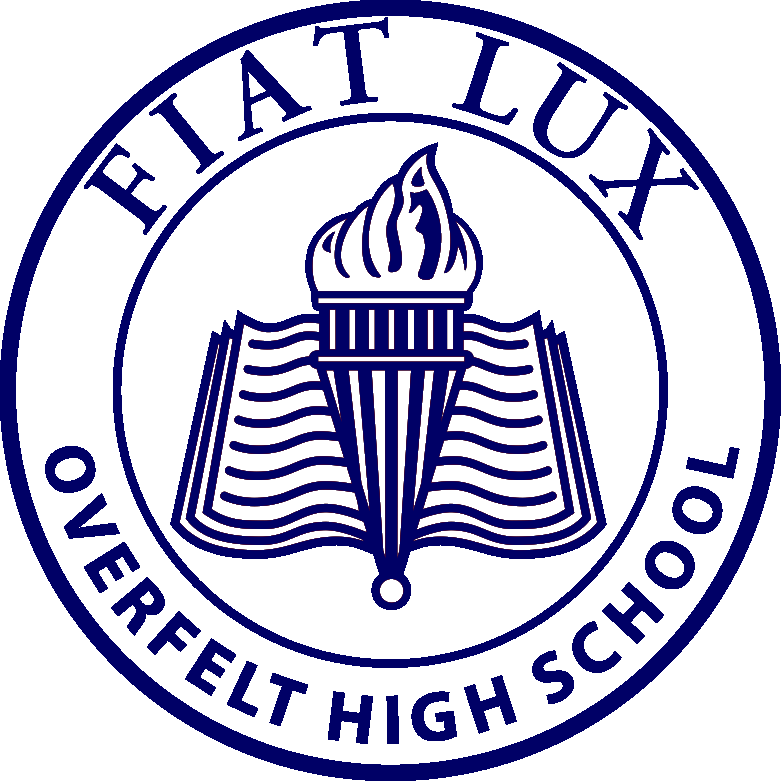


 Explain the causes, events, and consequences of the French Revolution.
Explain the causes, events, and consequences of the French Revolution.
- The French Revolution resulted from a combination of long-term social and political causes, as well as Enlightenment ideas, exacerbated by short-term scal and economic crises.
- The first, or liberal, phase of the French Revolution established a constitutional monarchy, increased popular participation, nationalized the Catholic Church, and abolished hereditary privileges.
- After the execution of Louis XVI, the radical Jacobin republic led by Robespierre responded to opposition at home and war abroad by instituting the Reign of Terror, fixing prices and wages, and pursuing a policy of de-Christianization.
- Illustrative Examples of opponents of revolution: Edmund Burke
- Revolutionary armies, raised by mass conscription, sought to bring the changes initiated in France to the rest of Europe.
- Women enthusiastically participated in the early phases of the revolution; however, while there were brief improvements in the legal status of women, citizenship in the republic was soon restricted to men.
 Explain how the events and developments of the French Revolution influenced political and social ideas from 1648 to 1815.
Explain how the events and developments of the French Revolution influenced political and social ideas from 1648 to 1815.
- Revolutionary ideals inspired a slave revolt led by Toussaint L’Ouverture in the French colony of Saint-Domingue, which became the independent nation of Haiti in 1804.
- While many were inspired by the revolution’s emphasis on equality and human rights, others condemned its violence and disregard for traditional authority.
 Explain the effects of Napoleon’s rule on European social, economic, and political life.
Explain the effects of Napoleon’s rule on European social, economic, and political life.
- As first consul and emperor, Napoleon undertook a number of enduring domestic reforms while often curtailing some rights and manipulating popular impulses behind a façade of representative institutions.
- Illustrative Examples of Reforms: careers open to talent, educational system, centralized bureaucracy, Civil Code, Concordat of 1801
- Illustrative Examples of Restrictions: secret police, censorship, limitation of women’s rights
- Christianity was a stimulus for exploration as governments and religious authorities sought to spread the faith, and for some it served as a justi cation for the subjugation of indigenous civilizations.
- Napoleon’s new military tactics allowed him to exert direct or indirect control over much of the European continent, spreading the ideals of the French Revolution across Europe.
- As first consul and emperor, Napoleon undertook a number of enduring domestic reforms while often curtailing some rights and manipulating popular impulses behind a façade of representative institutions.
 Explain the nationalist responses to Napoleon’s rule in Europe.
Explain the nationalist responses to Napoleon’s rule in Europe.
- Napoleon’s expanding empire created nationalist responses throughout Europe.
- Explain how the developments and challenges to the political order resulted in change in the period from 1648 to 1815.
- Different models of political sovereignty affected the relationship among states and between states and individuals.
- The French Revolution posed a fundamental challenge to Europe’s existing political and social order.
- Claiming to defend the ideals of the French Revolution, Napoleon Bonaparte imposed French control over much of the European continent, which eventually provoked a nationalistic reaction.
- Illustrative Examples: Student protest in German states, guerilla war in Spain, Russian scorched earth policy
- Different models of political sovereignty affected the relationship among states and between states and individuals.
Reading 1: Pages 563-570
The American Revolution:
The War for Independence
Forming a New Nation
Impact of the Revolution on Europe
Background to the French Revolution:
Social Structure of the Old Regime
Other Problems Facing the French Monarchy
Reading 2: Pages 570-577
French Revolution:
From Estates-General to National Assembly
Destruction of the Old Regime
Reading 3: Pages 577-586
French Revolution:
The Radical Revolution
Reaction and the Directory
Reading 4: Pages 586-590
The Age of Napoleon:
The Rise of Napoleon
The Domestic Policies of Emperor Napoleon
Reading 5: Pages 590-593
The Age of Napoleon:
Napoleon’s Empire and the European Response
The Fall of Napoleon
Chapter Glossary
Chapter Reading Guide
Chapter 19 Outline
Chapter 19 Overview
Chapter 19 Scan
Chapter 19 Test Bank: Questions Answers
Chapter 19 Review Materials
Videos
Tom Richey
French Revolution (Part 1)
French Revolution (Part 2)
French Revolution (Part 3)
French Revolution (Part 4)
French Revolution (Part 5)
Women and the French Revolution (Part 1 - Introduction)
Women and the French Revolution (Part 2 - Marie Antionette)
Women and the French Revolution (Part 3 - Olympe de Gouges)
Women and the French Revolution (Part 4 - Mary Wollstonecraft vs. Edmund Burke)
Women and the French Revolution (Part 5 - Charlotte Corday and the Death of Marat)
Women and the French Revolution (Part 6 - Concluding Remarks)
Paul Sargent
Questions about the French Revolution
Crash Course
The French Revolution, Part I
The French Revolution, Part II
The French Revolution, Part III
TEDTalk
What Caused the French Revolution? - Tom Mullaney
Cool History
What Caused the French Revolution?